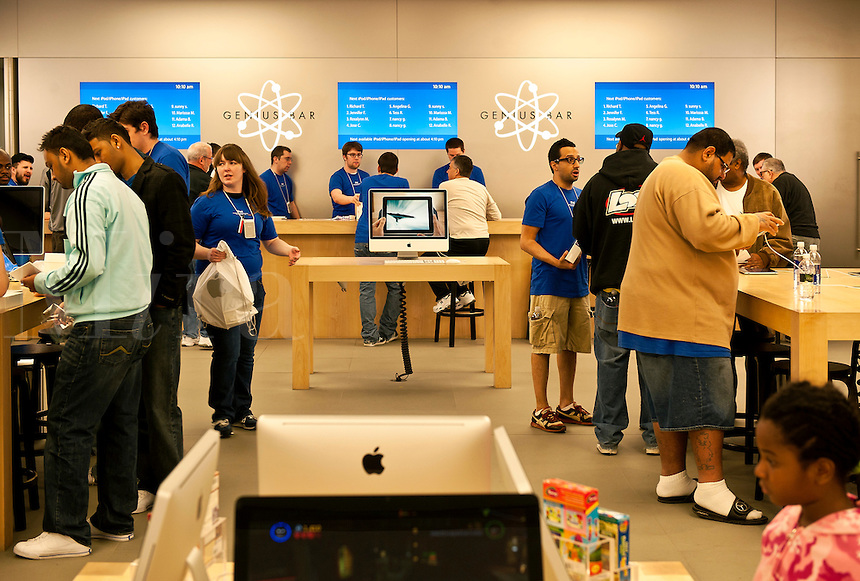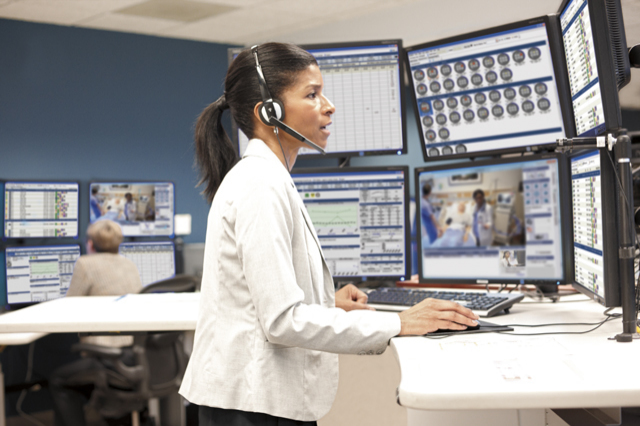myHIN Blog
March 11, 2016
Don’t Be Fooled. The Apple FBI iPhone Dispute Also Affects You
Apple, a well-regarded [tech] company is usually in the media for bringing to market some of the most beautifully designed devices in the consumer and education space. Products like the iPhone and iPad have transcended how people consume technology and entertain themselves at a moment’s glance. New macbooks have almost a cult like following for college students as they prepare and study for future jobs that didn’t exist 10 years ago.
 More recently though, the company name has been tossed around for a dispute with the FBI, the nation’s prime federal enforcement organization, over the unlocking of an iPhone used by the killers in the 2015 San Bernardino terrorist attack. There’s been countless articles explaining Apple’s stance, the FBI stance, and so forth and so on but what about your stance? How exactly does this case affect you or is it an overblown media story from large corporations and government agencies?
More recently though, the company name has been tossed around for a dispute with the FBI, the nation’s prime federal enforcement organization, over the unlocking of an iPhone used by the killers in the 2015 San Bernardino terrorist attack. There’s been countless articles explaining Apple’s stance, the FBI stance, and so forth and so on but what about your stance? How exactly does this case affect you or is it an overblown media story from large corporations and government agencies?
Essentially, the lack of strong encryption on consumer devices can lead to hackers breaching the defenses of retail chains, banks, the federal government and even HOSPITALS!
 Yet, hacking has become what seems to be a typical event. In 2015, the U.S. Office of Personnel Management experienced a data breach exposing the personal information of over 22 million current and former employees (and even those that applied for employment via its portal). Health care organizations and your health data are not exempt from such comprises. For instance, Premera data breach exposed medical claims and financial information of 11 million customers, and Anthem’s 2015 data compromised the personal information about more than 80 million people. Why is this a major concern? As more healthcare organizations engage in network arrangements and data sharing, your personal information is likely to become more exposed.
Yet, hacking has become what seems to be a typical event. In 2015, the U.S. Office of Personnel Management experienced a data breach exposing the personal information of over 22 million current and former employees (and even those that applied for employment via its portal). Health care organizations and your health data are not exempt from such comprises. For instance, Premera data breach exposed medical claims and financial information of 11 million customers, and Anthem’s 2015 data compromised the personal information about more than 80 million people. Why is this a major concern? As more healthcare organizations engage in network arrangements and data sharing, your personal information is likely to become more exposed.
How important is this data to healthcare organizations? In a recent NPR news segment, a California hospital paid a ransom “worth $17,000 to hackers holding its computer data hostage raised new concerns about bigger targets.” While not all organizations will pay ransoms, no industry is exempt and neither are we, as individuals. Being mindful of our data, its uses and our use of devices/systems/networks and even social media requires some degree of discernment. After all, we are in the digital age of the Internet of Things.
Continue to follow @myhealthimpact on Twitter for more information on the connection between the Internet of Things and healthcare. #IoT, #healthcare #databreach
Share
Comments
comments powered by DisqusIn Partnership with: Poole College of Management, College of Humanities and Social Sciences, National Science Foundation, Penn State
Take Action, Get Tested: Find Your Local Testing Center Why Get Tested?
